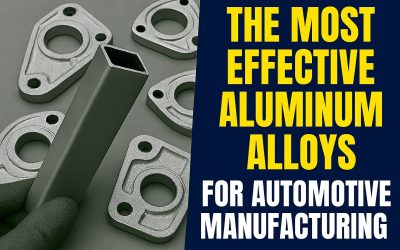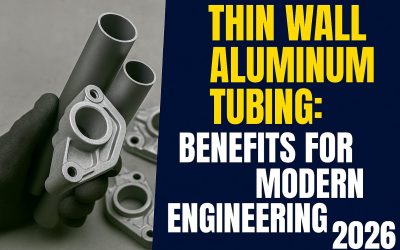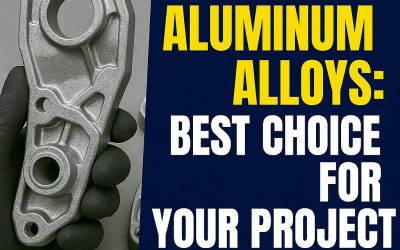Aluminum die casting alloys (Table 1) are lightweight, offer good corrosion resistance, ease of casting, good mechanical properties and dimensional stability.
Although a variety of aluminum alloys made from primary or recycled metal can be die cast, most designers select standard alloys listed below:
360 — Selected for best corrosion resistance. Special alloys for special applications are available, but their use usually entails significant cost premiums.
380 — An alloy which provides the best combination of utility and cost.
383 & 384 — These alloys are a modification of 380. Both provide better die filling, but with a moderate sacrifice in mechanical properties, such as toughness.
390 — Selected for special applications where high strength, fluidity and wear-resistance/bearing properties are required.
413 (A13) — Used for maximum pressure tightness and fluidity.




0 Comments